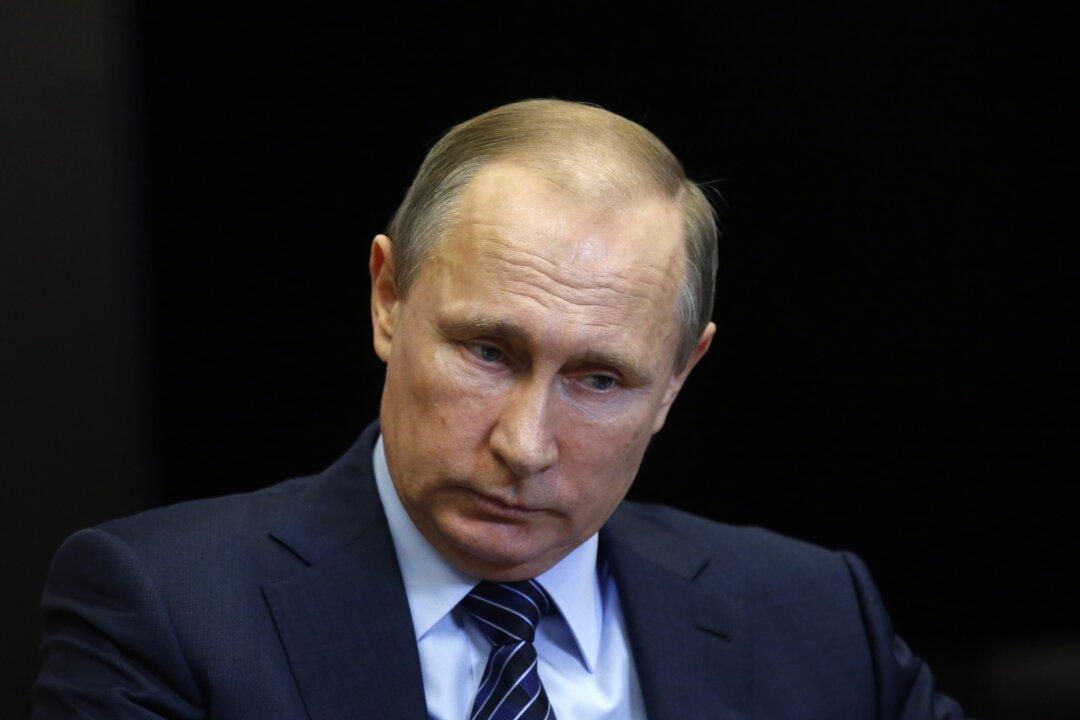The world remains gripped by the revelations made in the papers leaked from Panamanian law firm Mossack Fonseca. But Moscow has greeted the coverage with what might be characterized as calm indifference.
Aware that President Vladimir Putin would be linked to offshore schemes, the people around him began their PR maneuvers ahead of time. The week before the papers were released, the Kremlin was forewarning the public about an imminent “information attack aimed at destabilizing Russia in light of its success in Syria.”
The reaction of the Russian individuals mentioned in the Panama Papers—at least those who have gone on record so far—has also been calm. Some have denied knowledge of ownership of any offshore accounts. Considering the way offshore structures operate and set up, is not an implausible proposition.

